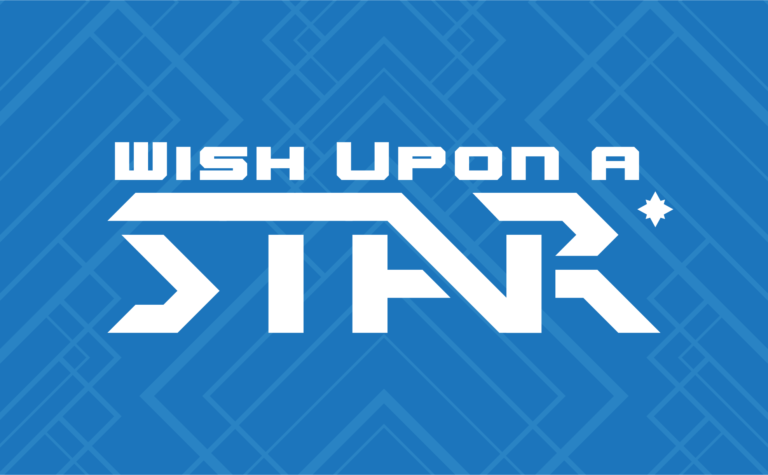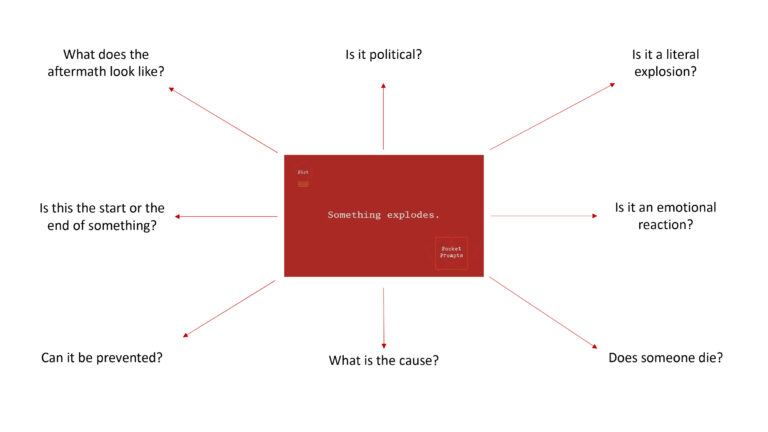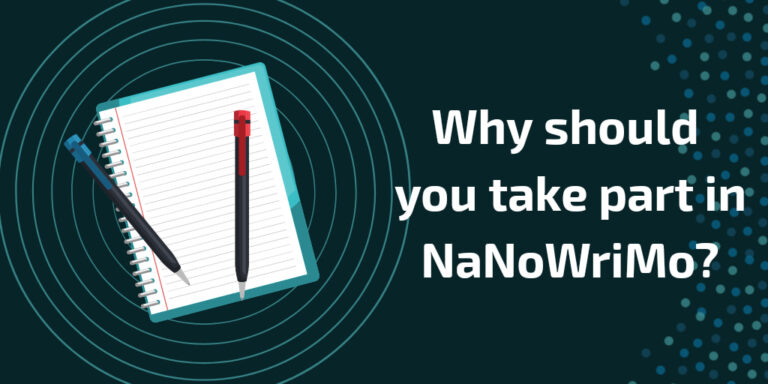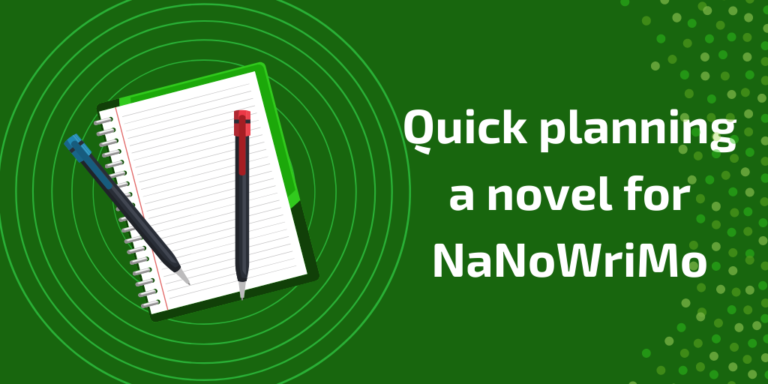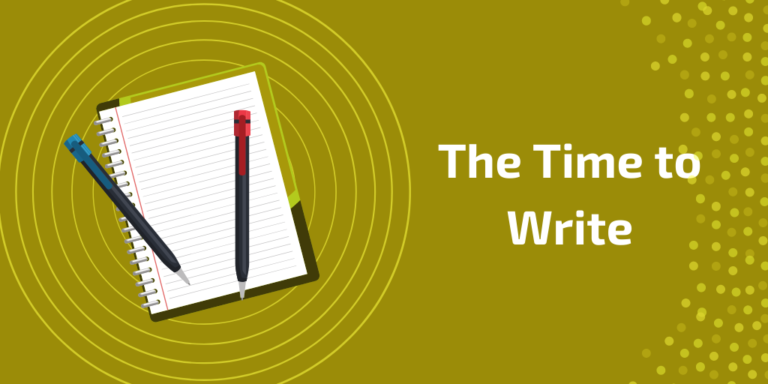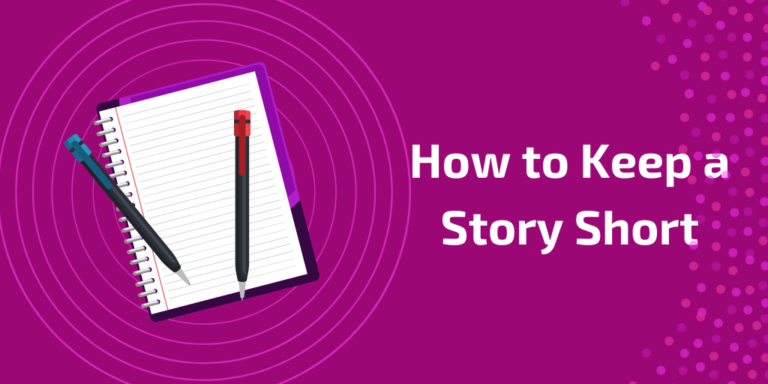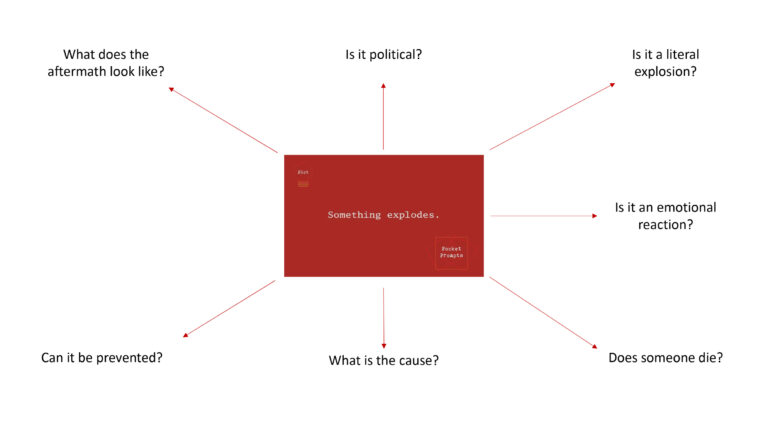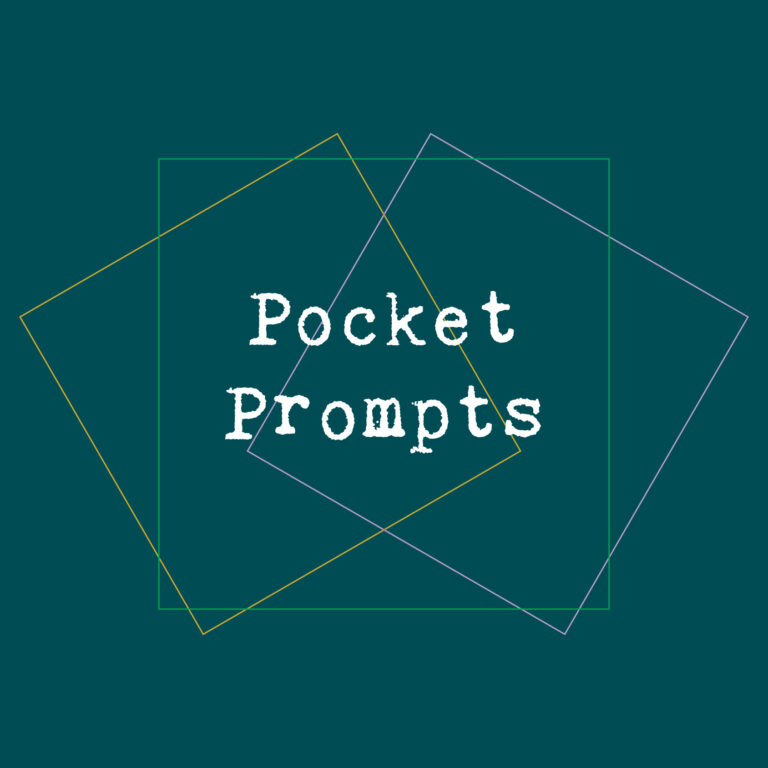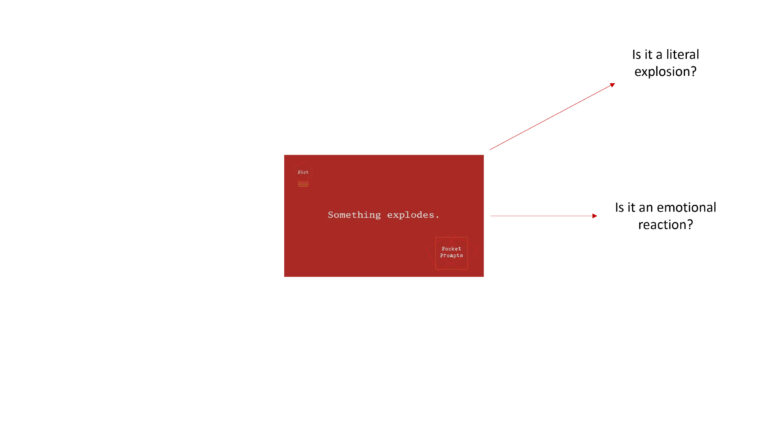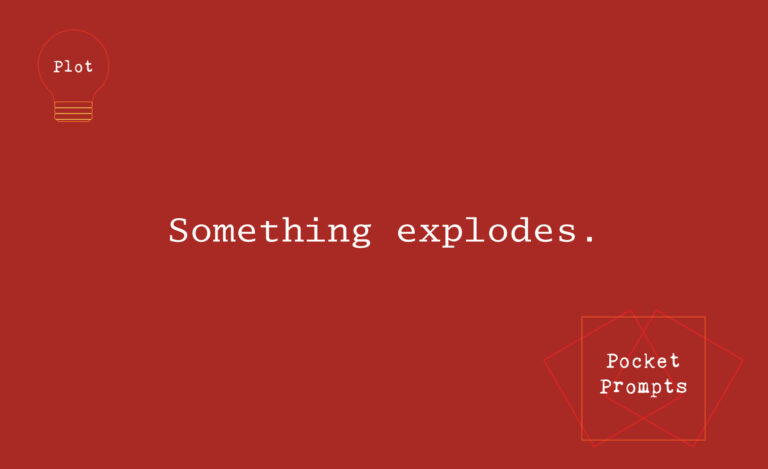2023 End of Year Round-up
On my newsletter, I had the notion to do a full round-up of every story and event from 2023 that I’d published or been part of. It turns it, it makes for a long list. These are the sorts of things that it’s easy to forget about when December rolls around, when you’re tired and…
